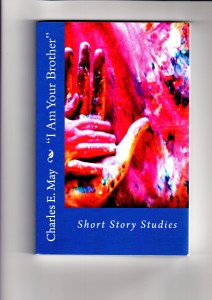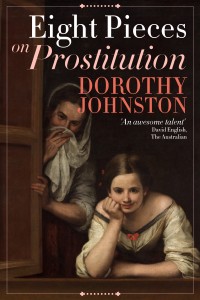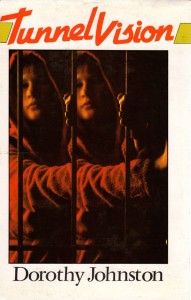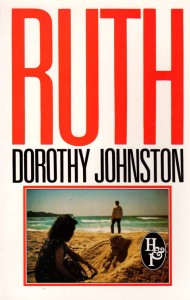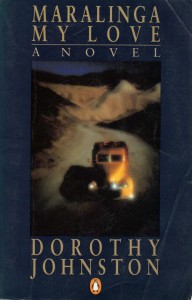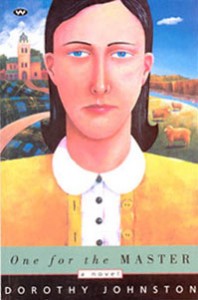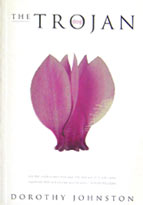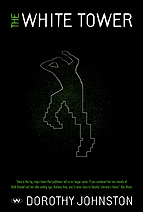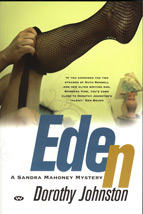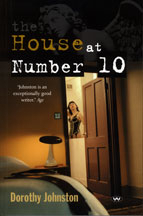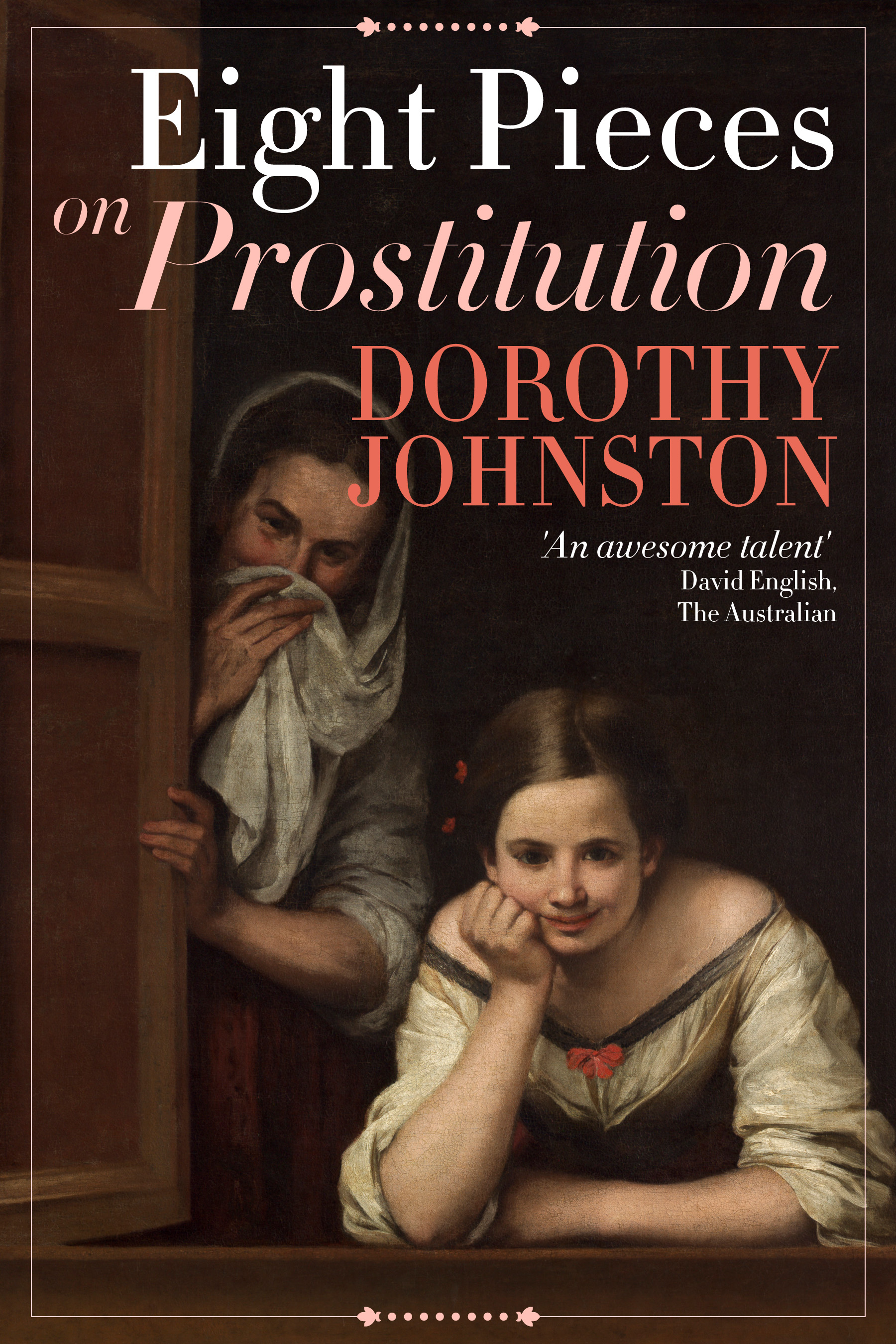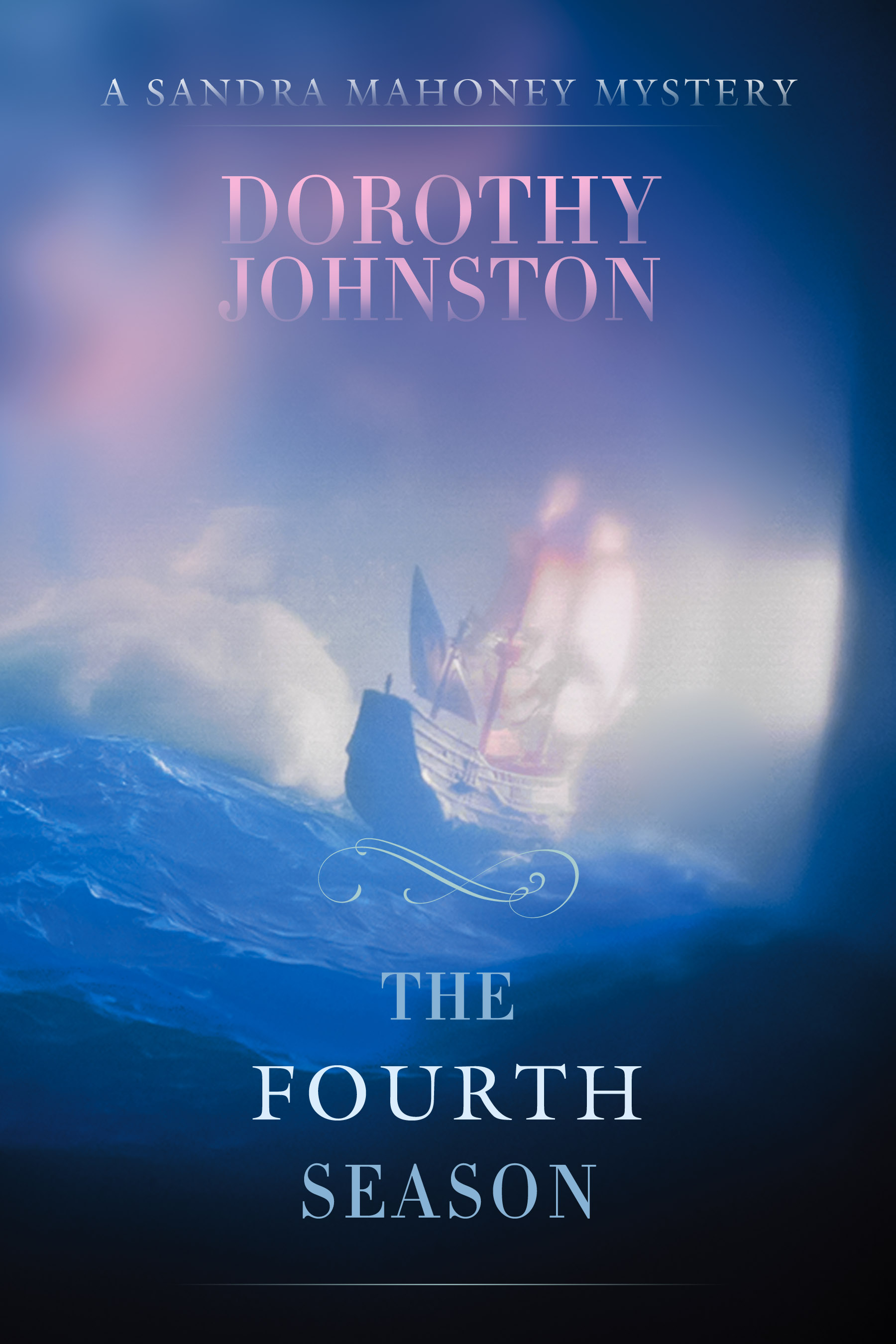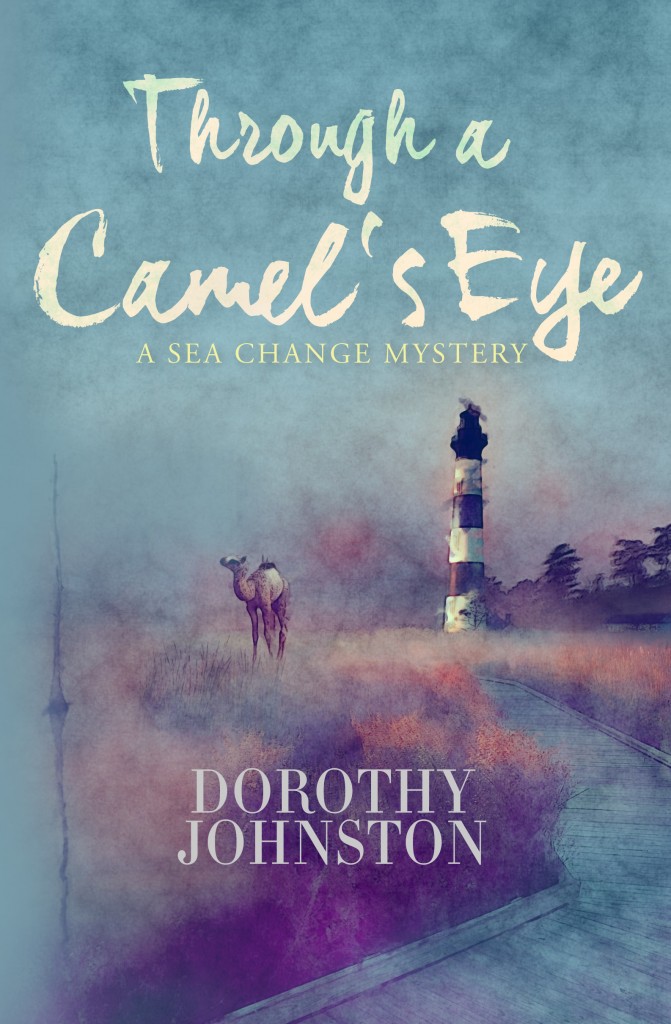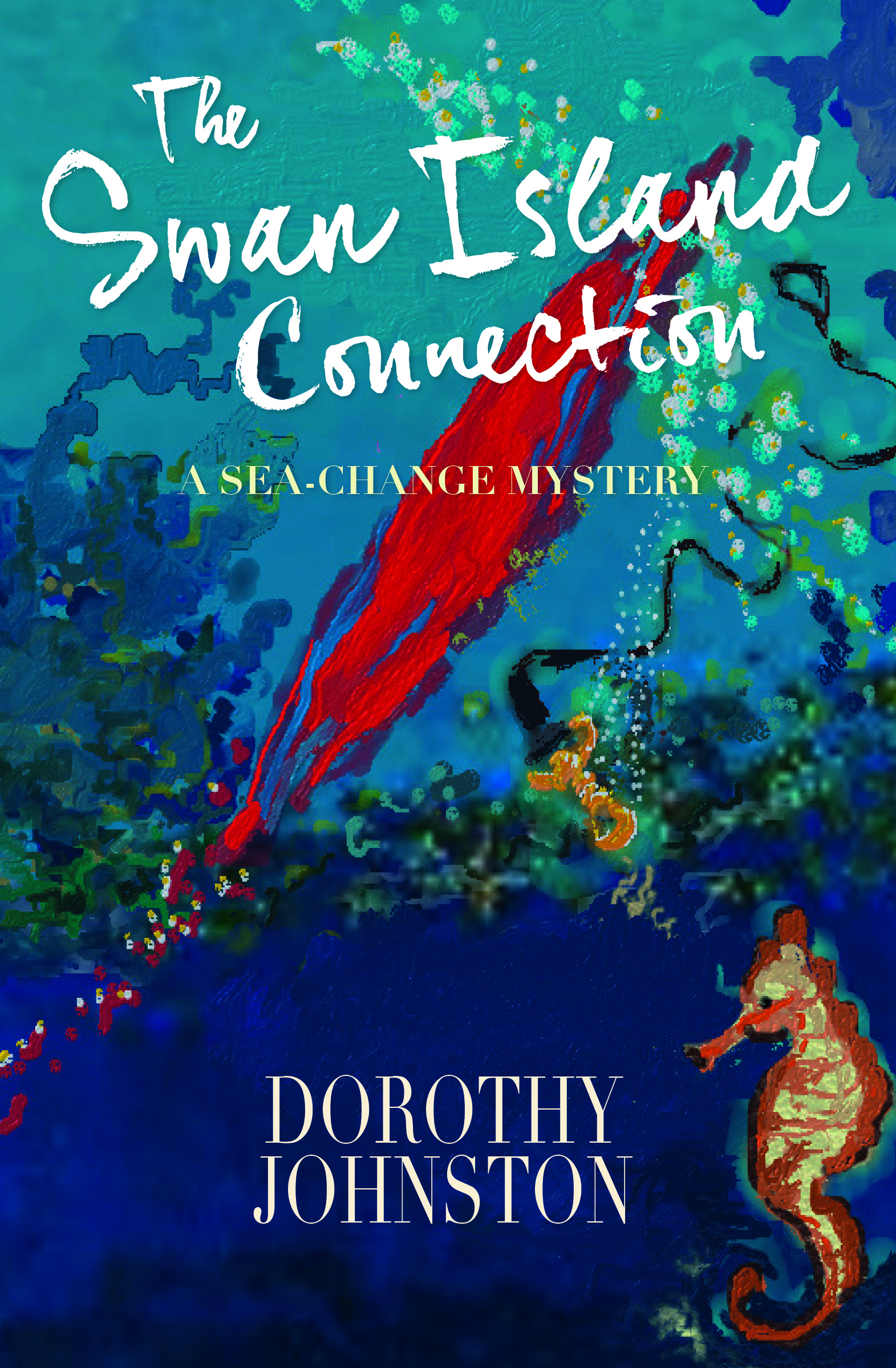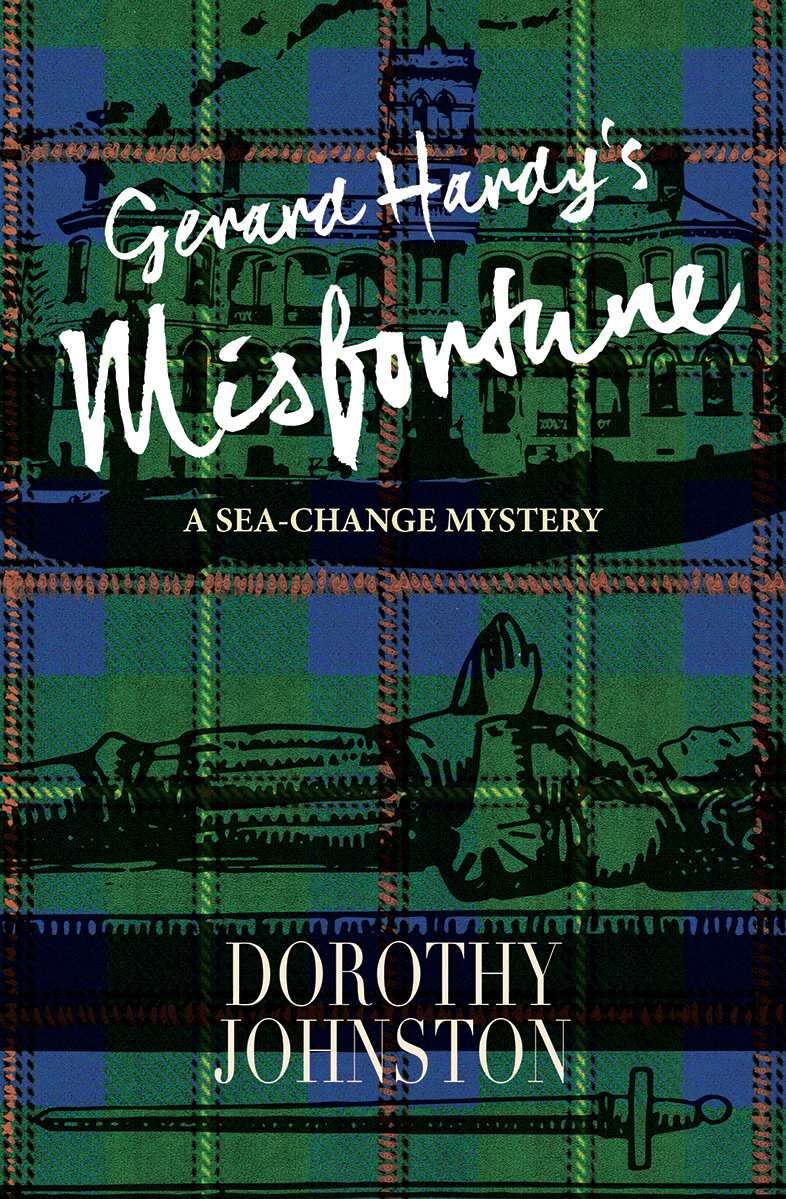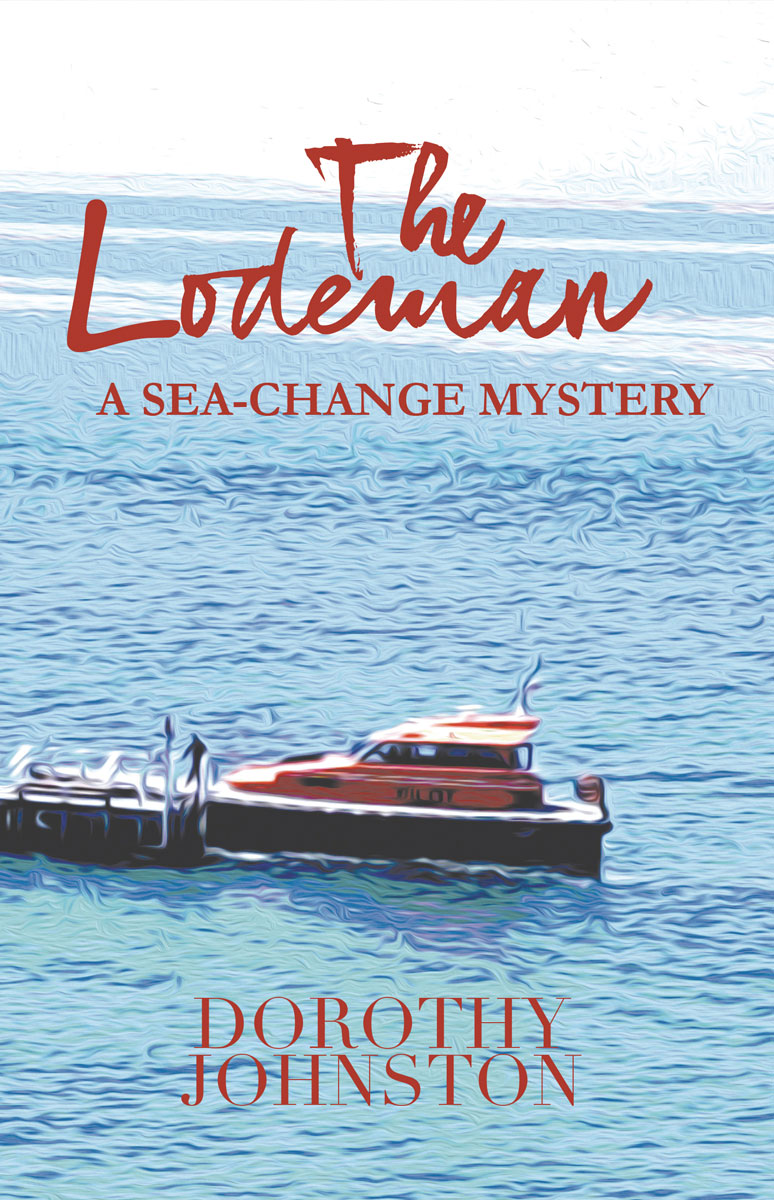I’ve decided to use this blog post to expand my thoughts on the novella, and to add some new ones.
There’s been much talk of the novella being the perfect form for the digital age, both for reading and adaption to the screen.
‘Given that so much of the world suffers from a rapidly eroding attention span perhaps the novella is overdue for a new breath of life.’ (David Henley)
‘The form of the novella lends itself far more easily to (film) adaptation because of its focus on a single character, its concentration and shorter length. For the digital generation accustomed to the ninety-minute narrative, the novella fits neatly into the limits of the two-hour cinematic time frame.’ (John Dale)
I think many of the current claims made for and about the novella are dubious. In my view, people who enjoyed reading John Grisham on the train in print form will continue to do so on their tablets or ereaders; while those who enjoyed literary novels and short stories will continue reading those. The fact that you can’t finish a blockbuster on a single train journey will be neither here nor there. I’m not so sure about movie adaptions. We will have to wait and see.
But what I am sure about is that a good novella requires the same sustained concentration as the best short stories, and that this is a result both of their compression and their subtlety. Of course, not all of us are capable of sustained concentration on the train or tram, but that’s a separate point. There’s always the alternative of staring out the window, or studying one’s fellow passengers, heads bent over their tablets, or talking on their mobile phones.
I have just reviewed, for Kill Your Darlings, an excellent novella, Colm Toibin’s The Testament of Mary, shortlisted for the Man Booker prize. You can read my review here.
An earlier post on the novella, written when I reviewed Julienne van Loon’s Harmless, can be found here.
I wonder if it’s true that novella writers can’t get away so easily with sloppy construction and banal language as blockbuster writers can, that the tightness of the form somehow precludes this, or is simply not attractive to those who can’t help themselves from becoming long-winded. Alice Munro’s Nobel win may shed more light on fiction’s shorter forms, and there’s a great deal that those who wish to practise them can learn from her.
My short story collection, Eight Pieces On Prostitution is now nine!
You can purchase an extra story, at no extra cost, from Authors Unlimited.
The story is called ‘An Artist’s Story’ and it formed the nucleus of my novel The House At Number 10. Paul Ham accepted the story as a stand-alone and then told me he wasn’t going to publish any more fiction.
I wish I’d known in time to include it in my ebook collection, but here it is now.
